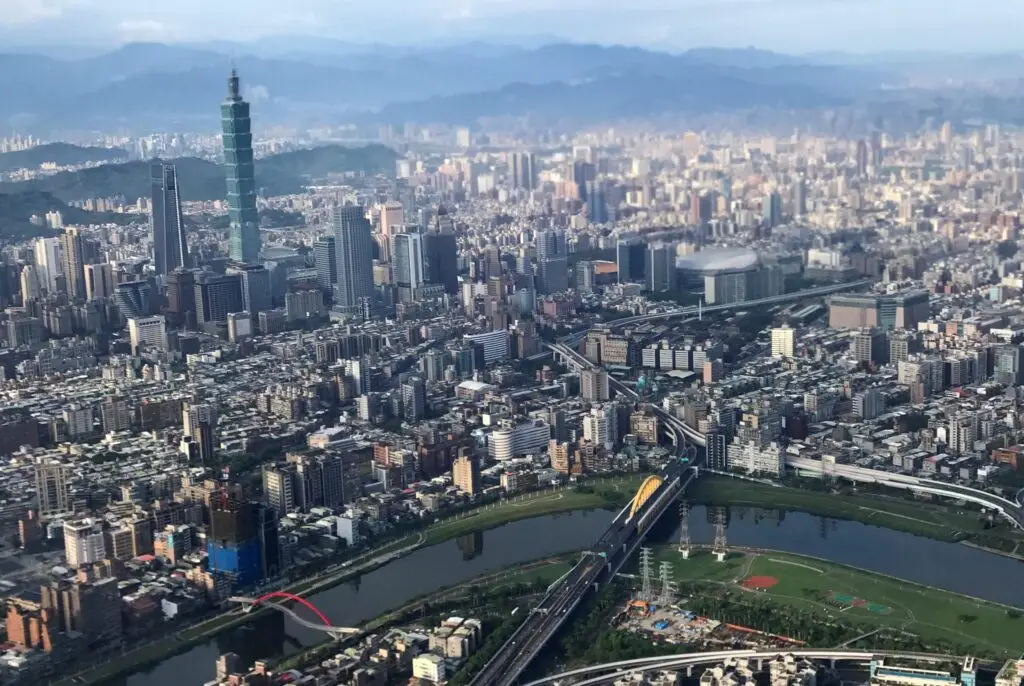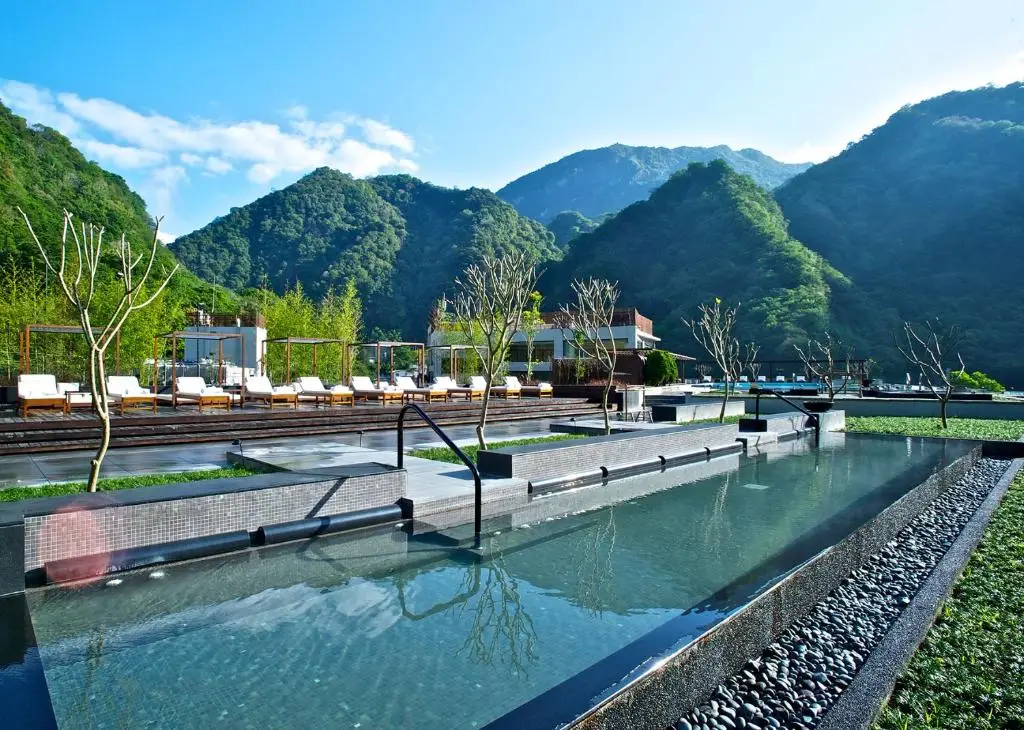Taiwan
WELCOME TO Taiwan
Province Overview
Taipei
36,193 km2
23.57 million
Chinese
Popular
Geography and Tourist Attractions
Information about the province's tourist attractions, including popular destinations, events, and activities.

Taroko Gorge

Sun Moon Lake

Alishan
Political
Economy and Government
Taiwan, as an independent and self-governing nation, has a robust economy and a democratic system of government. Its economy is considered one of the world's major advanced economies, known for its high-tech industry, manufacturing, and global trade.
The government of Taiwan operates under a democratic system with a multi-party political structure. The President serves as the head of state and is elected through popular vote for a four-year term. The Legislative Yuan, Taiwan's parliament, is responsible for enacting laws and overseeing government affairs.
Taiwan's economy is export-oriented and highly diversified. It is a global leader in the production of semiconductors, electronics, information technology, and telecommunications. The country is also known for its advanced research and development capabilities, fostering innovation and entrepreneurship.
Foreign direct investment plays a significant role in Taiwan's economy, with numerous multinational corporations establishing operations on the island. The government actively promotes international trade and has signed free trade agreements with several countries.
Taiwan's economic success has led to a high standard of living, with a well-developed infrastructure, efficient healthcare system, and quality education. The government prioritizes sustainable development, environmental protection, and social welfare programs to ensure a balanced and prosperous society.
In summary, Taiwan's economy thrives on innovation and global trade, while its democratic government ensures political stability and the well-being of its citizens.

History
History and Culture
Taiwan's history and culture are rich and diverse, shaped by centuries of influences from various civilizations. Initially inhabited by indigenous tribes, Taiwan later experienced waves of migration from China, resulting in a fusion of cultures.
In the 17th century, the Dutch established a colonial presence on the island, followed by the arrival of Chinese immigrants. Taiwan later fell under Qing Dynasty rule and became a province of China. However, in the aftermath of the Chinese Civil War, the Kuomintang (KMT) retreated to Taiwan, establishing a separate government.
Taiwan's cultural heritage reflects this complex history. Indigenous tribes, such as the Amis, Paiwan, and Atayal, contribute to the diverse tapestry of traditions, languages, and arts. Chinese customs, including Confucianism and Buddhism, have also profoundly influenced Taiwanese society.
Taiwan is renowned for its vibrant arts scene, ranging from traditional music and dance to contemporary art and film. Festivals like the Lantern Festival and Dragon Boat Festival showcase the fusion of cultural practices and religious beliefs.
Taiwanese cuisine is celebrated worldwide, featuring diverse flavors influenced by Fujianese, Hakka, and indigenous culinary traditions. Signature dishes include beef noodle soup, stinky tofu, and bubble tea.
The preservation of cultural heritage is a priority in Taiwan. Museums, historic sites, and temples abound, offering glimpses into the island's past. The National Palace Museum in Taipei houses an extensive collection of Chinese art and artifacts.
In summary, Taiwan's history and culture are a dynamic blend of indigenous heritage, Chinese influences, and global connections, resulting in a vibrant tapestry that continues to evolve and thrive.
HOTELS

Mandarin Oriental, Taipei

The Regent Taipei

Silks Place Taroko
RESTAURANTS

Din Tai Fung

RAW

